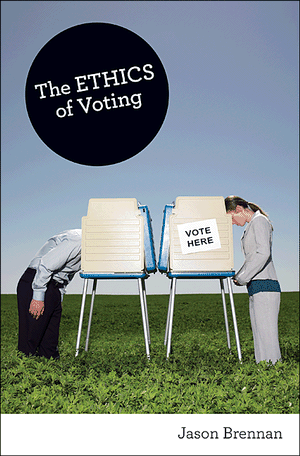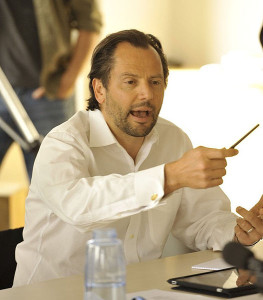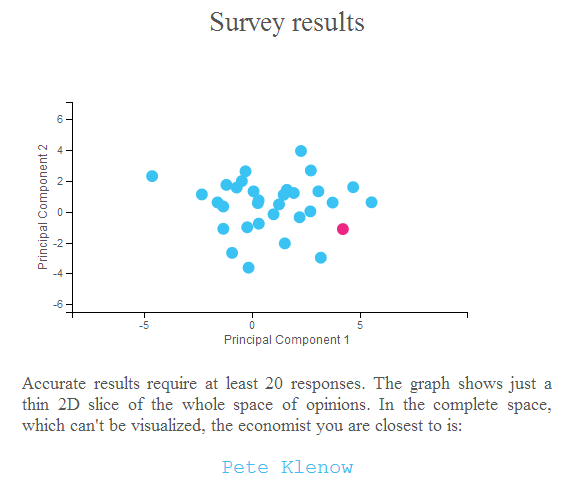Nearly two years ago, I graduated from UNT with a BBA in Organizational Behavior & Human Resource Management. As part of my curriculum, I did an internship at a unionized freight company. I was required to write a research paper based on my experience and the company itself. Having dealt with grievances, discipline, and other administrative duties, I focused on the effect the union had the company’s operations. I posted an excerpt of that paper at The Slow Hunch (I left out the company specifics and focused on the overall economic effect). Even though I’ve become softer on unions and harder on management over the past couple years (despite the unsavory history of labor unions and their contribution to unemployment), I still think the post is worth a look. If anything, it is a good reminder of a point I’ve made before: true growth comes from capital investment, creation of wealth, technological advances, increased skill and education, and competition.




